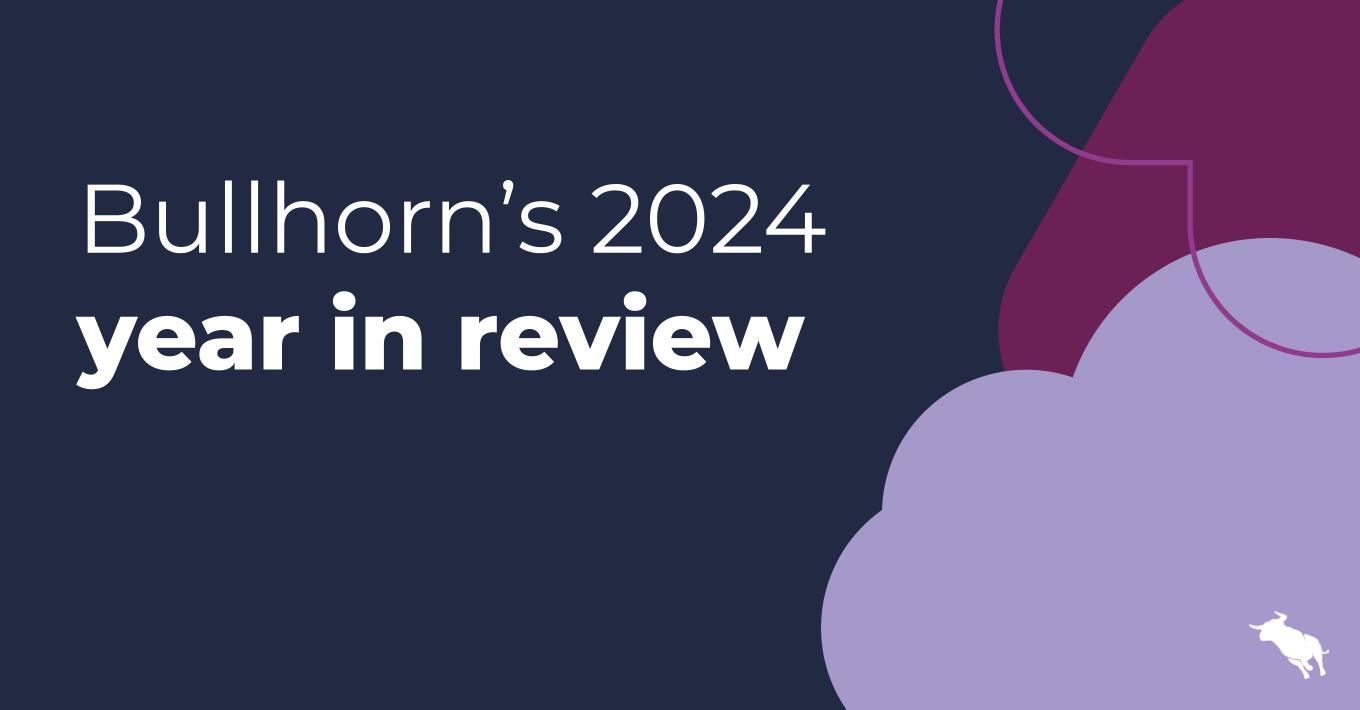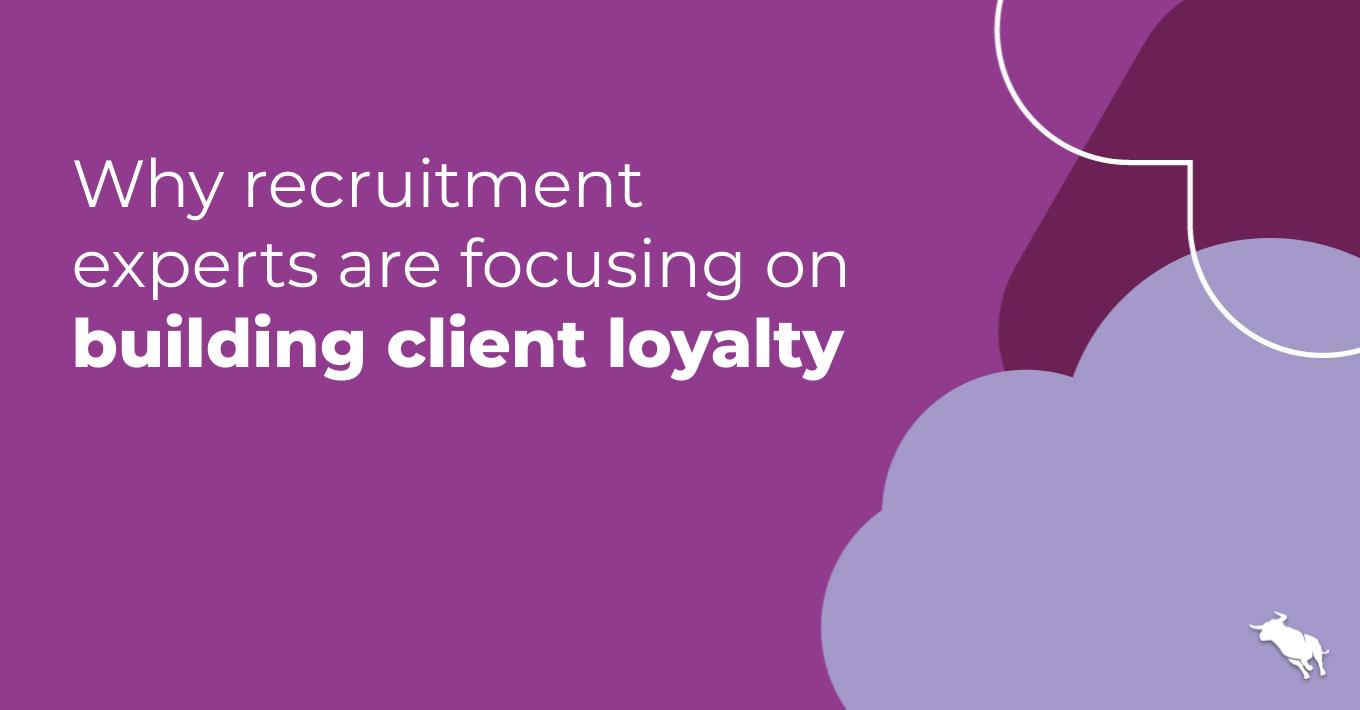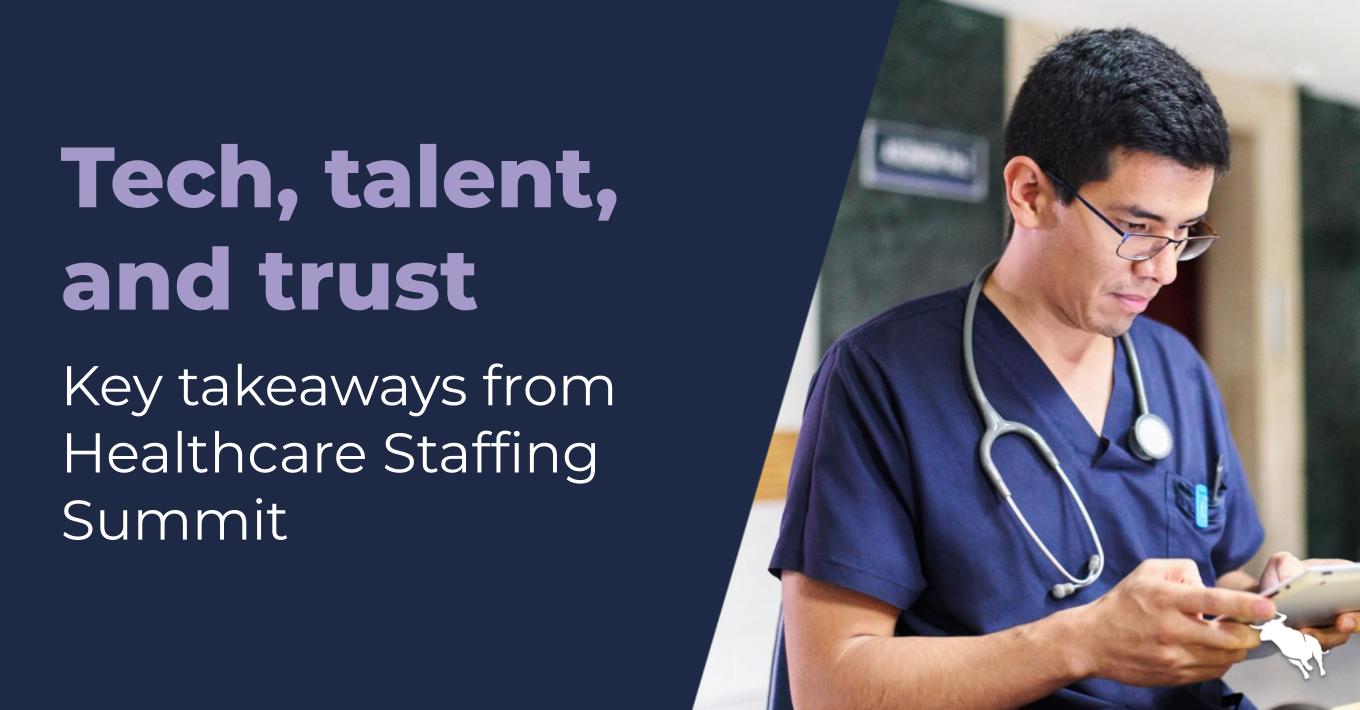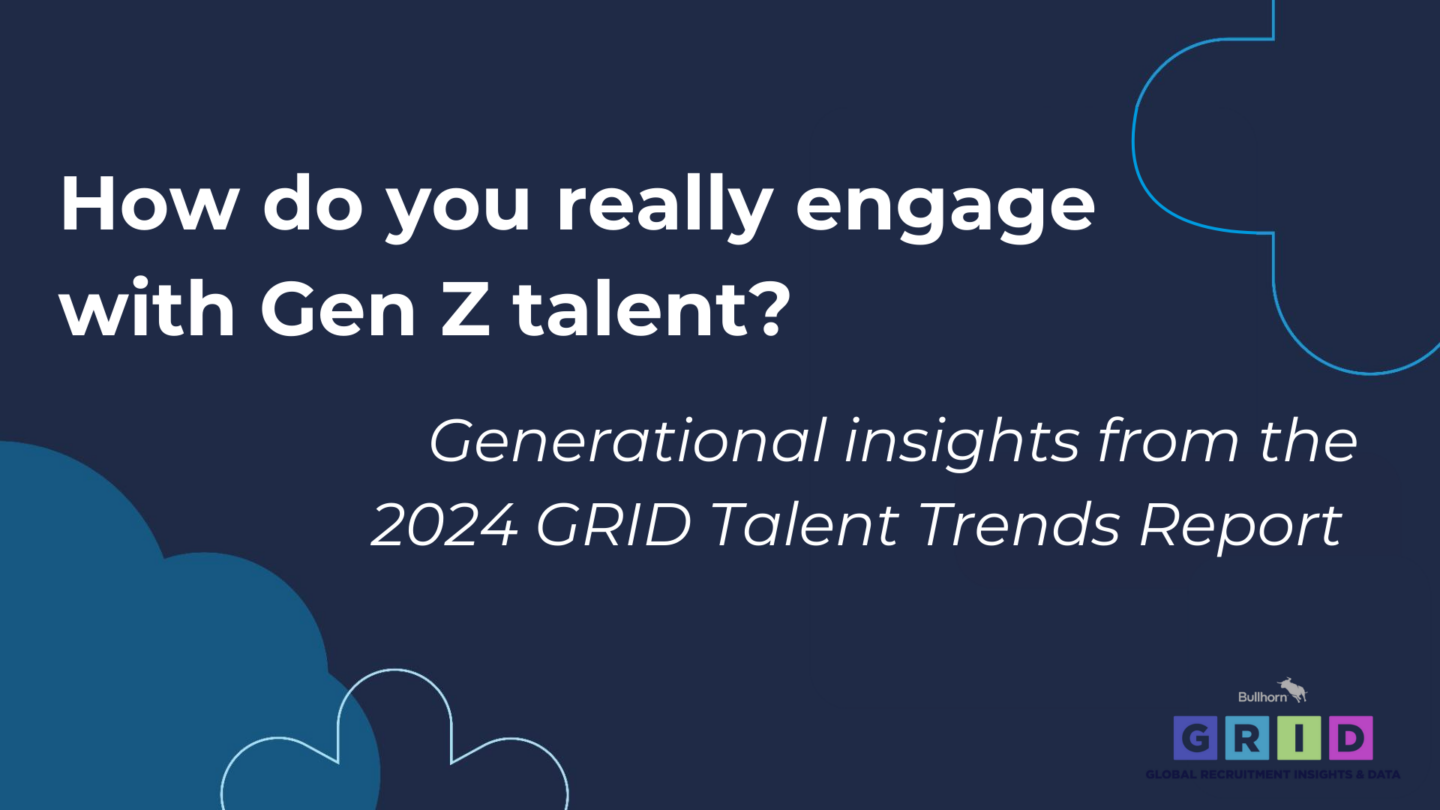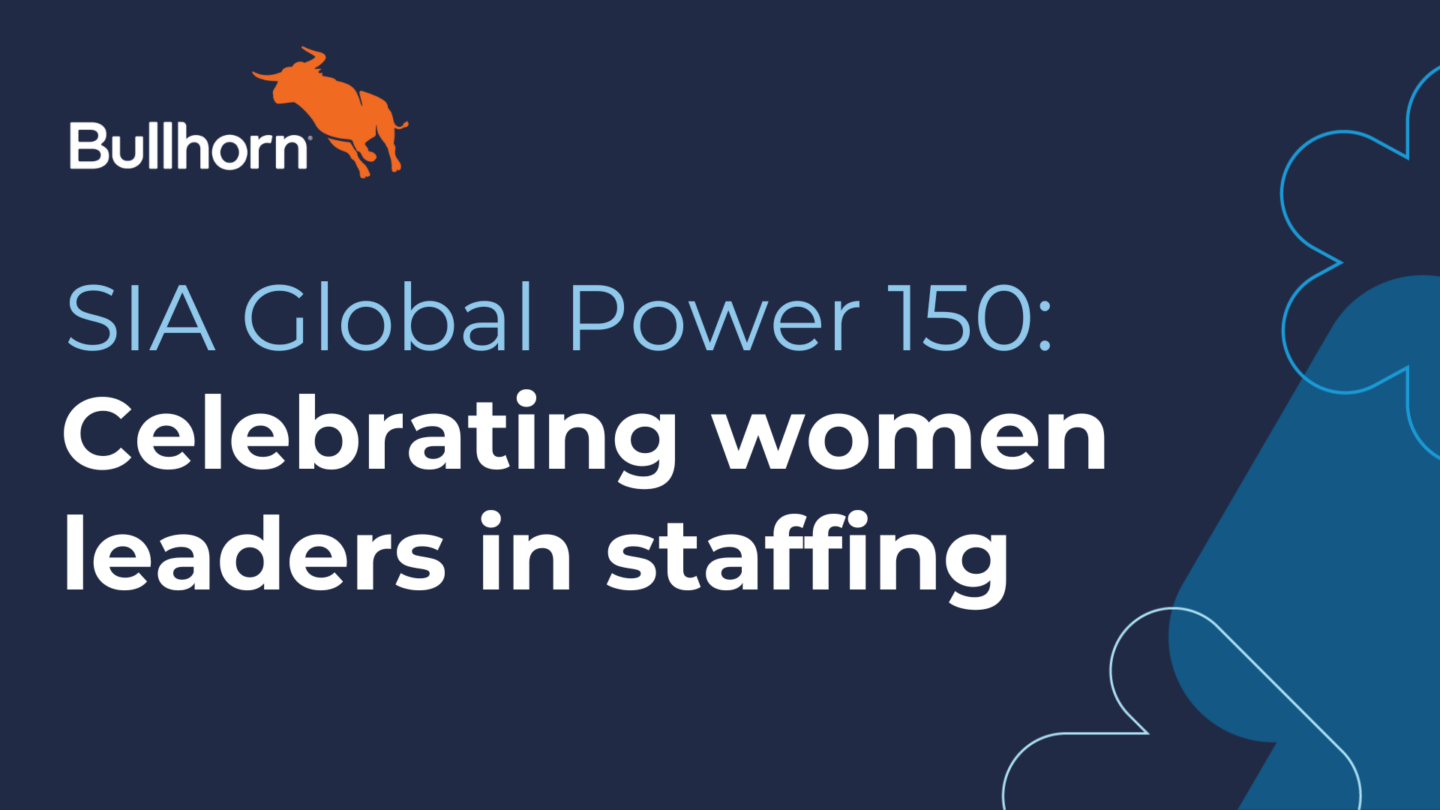The Real Impact of Digitization and Artificial Intelligence on Staffing

Artificial intelligence and machine learning are surging as trends in staffing, but experts say we’ve barely scratched the surface on their potential. As these technologies continue to improve — and as we learn to ask the right questions — predictive algorithms, chatbots and other machine-learning aides will radically change the staffing industry.
At Engage Boston 2018, Chris Loope, chief digital officer at EmployBridge; Christopher Dwyer, vice president of research at Ardent Partners; and Brian Delle Donne, president at Talent Tech Labs, offered a glimpse into what we can expect.
Register for Engage Boston 2019
Improving Customer Service
Customer service can make or break a staffing agency, and new tools can provide faster service to candidates and clients. EmployBridge is using chatbots in a number of places — including on its websites, in applicant tracking systems and on Facebook. The bots help candidates apply for jobs, and answer questions throughout the onboarding process.
As soon as EmployBridge enabled the chatbots, they started processing the data from the chats and learning from it, Loope says. Immediately the company started seeing patterns in its interactions with candidates. When EmployBridge began to see common questions, the organization could prepare standard answers.
The chatbots aren’t replacing staffing professionals and contact center agents; they’re just augmenting these human efforts. EmployBridge can answer candidates’ questions faster and gather relevant information from candidates. “We’re allowing the artificial intelligence and the natural language processing to watch real staffing professionals have these conversations so we can augment them,” Loope says.
Mimicking Human Behavior, for Better or Worse
Dwyer says that when someone who isn’t versed in technology asks him to define AI, he explains that it mimics human thinking, and notes that there may be drawbacks to that. “While 95 percent of mimicking human thinking may be positive, it also mimics the bad,” he says. He says bias can become baked into an algorithm, and argues that bias in tech is an issue that should be discussed more often and in broader circles.
Staffing firms can identify the variables they’re looking for in a good candidate — what makes someone a good match, what makes an assignment the right fit and what attributes are predictive of a positive staffing outcome — and have AI tools seek out candidates with those variables. But you can’t set it and forget it with AI. “You need humans in there looking at those results and constantly looking for the mistakes so you can eliminate those biases that are inherent in our data,” Loope says.
Predicting Job Matches
Selecting the right candidate isn’t yet a fully exact science, but it’s moving in that direction. As Delle Donne notes, there are tools on the market that can look across all of a person’s social channels to build a profile that represents the applicant to match against a job requisition.
“Instead of finding a resume and trying to match an imperfect resume against an imperfect job, you’re actually able to bring up a person’s background and see what parts of that background match up against particular jobs you’re posting,” Delle Donne says. And the software will also identify the sources of the information — for example, which information came from LinkedIn, Twitter or an Instagram account.
There are other tools that purport to predict a person’s fit for a job, readiness to move or ability to fit into your culture. Also, there are tools that can help recruiters work more efficiently and effectively. For example, machine learning tools can tell a recruiter which open jobs they should focus on first because they have a higher probability of a placement based on the company’s history, the candidates in the database and the clients’ buying propensity for the types of people submitted.
However, companies are lagging behind when it comes to exploring the endless possibilities that technology presents. Dwyer says very few companies are taking full advantage of AI at this point. But in the next 18 to 24 months, he predicts that the number of organizations using AI or machine learning in some way will jump to nearly 50 percent. As staffing firms discover how valuable these tools can be to their organization — and observe how competitors are gaining an advantage — use will become more widespread.
More about Engage
Discover how to more effectively engage talent, leadership, and the future of staffing at Engage Boston, the leading staffing and recruiting conference in North America. Over three full days, recruitment leaders and practitioners will come together for unparalleled industry insights and tactical Bullhorn product training. With more than 1,000 attendees annually, Engage is the best event to make new connections and learn from the brightest minds in the field but is still intimate enough that you’ll see some of your favorite staffing friends. Register now.





